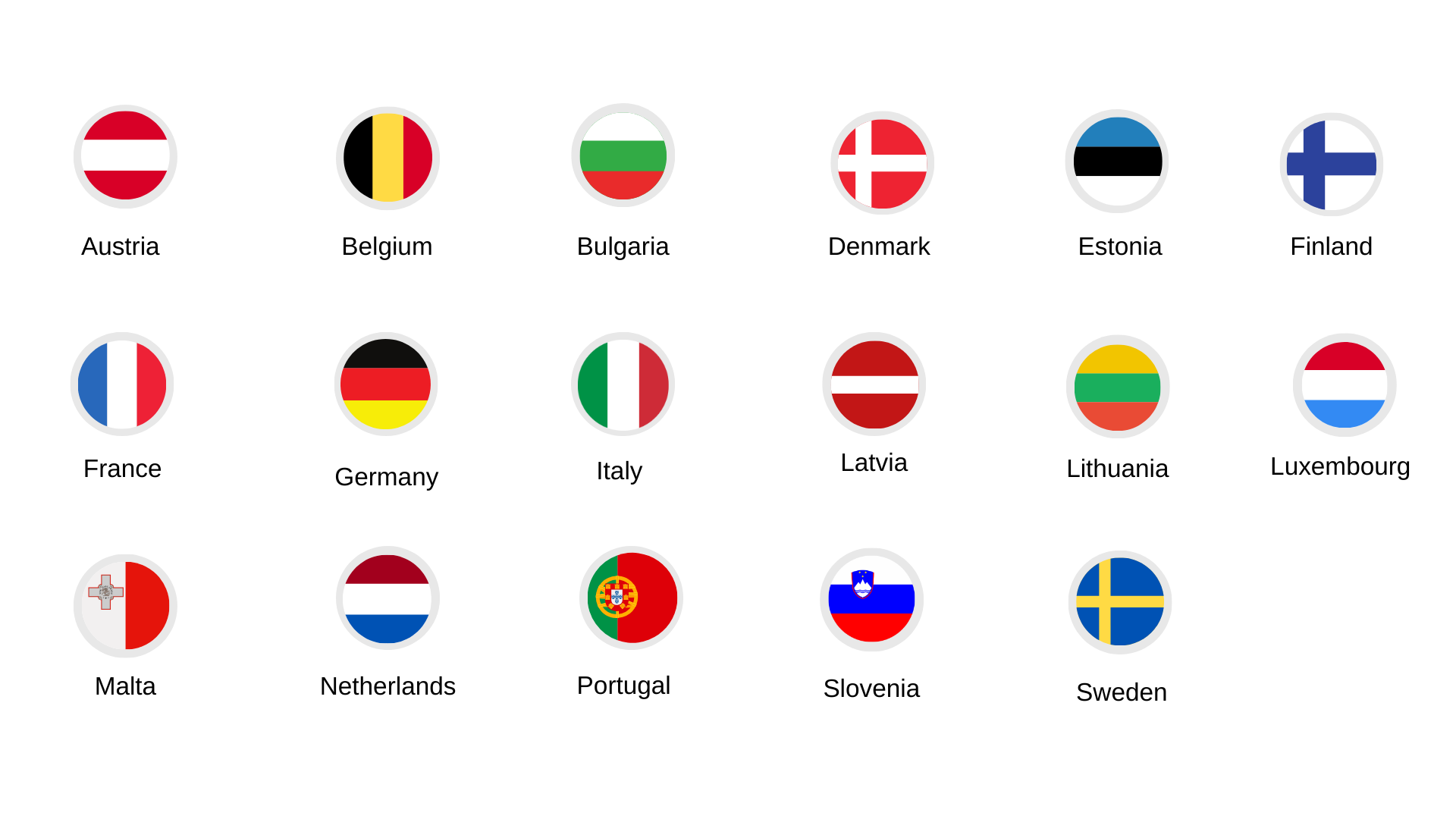On 1 June 2023, a revolution in European patent law took place. From that date, the European Patent Office started granting European patents with unitary effect (commonly referred to as “unitary patents”), and disputes concerning such patents began to be settled by the Unified Patent Court (UPC).
The unitary patent is a legal title applicable simultaneously and indivisibly in 17 Member States of the European Union. Unlike the “classic” European patent, it is not treated as a national patent, which, to some extent, brings it closer to other European industrial property rights (e.g., the right to an EU trademark or a Community design).
However, the Unified Patent Court is not a court established within the framework of the European Union, although it applies EU law. The UPC resolves disputes regarding, among other things, the infringement or threat of infringement of unitary patents and classic European patents, valid in the Member States that have acceded to the new system. Only European patents which have been excluded from the new system in the opt-out procedure by their holders themselves remain outside the jurisdiction of the Unified Patent Court. Importantly, the UPC has the competence to decide on matters regarding the validity of these exclusive rights. Thus, we are now operating in a new reality completely different from the one of the past 50 years.
Opportunities and risks associated with the unitary patent and UPC
The introduction of the European patent with unitary effect and the establishment of the Unified Patent Court offers new opportunities and prospects for European patent holders, but also entails actual business risks.
The new system changes the “rules of the game” that have been applied so far in patent disputes, which were often pending in relation to the same European patent simultaneously in different countries. As a result, we need to take a fresh look at the strategies of business activities in this area, both as regards the scope of protection offered by European patents (the classic ones or the ones with unitary effect) we should opt for and the ways threats associated with their infringement could be avoided.
The unitary European patent means that, in the event of a dispute, the patent holder may lose protection for their technical solution in the territory of many countries at the same time. In turn, for those potentially infringing such a patent, the risk of losing a legal battle before the UPC may also result in the loss of several markets for the contested product.
At JWP, from the beginning of the works related to the launch of the new patent system, we have been preparing entrepreneurs for all the challenges that they may face in connection with running a business. Already in 2022, as the first patent law firm in Poland, we organized an international scientific and business conference devoted entirely to this subject (learn more here). You can rely on our experience, not only to avoid serious risks, but also to take full advantage of the opportunities that the system affords.
The new patent protection system in Europe
As a leading patent law firm in Poland, we offer specialized legal and technical services related to obtaining a European patent with unitary effect and conducting proceedings before the Unified Patent Court.
We recommend a review of the portfolio of pending proceedings to all interested parties which are active before the European Patent Office and whose patent applications are entering the final stage of proceedings.
In turn, the entities which seek to enforce their patent rights before UPC or which have been sued in this Court can use our professional legal assistance, which we base on a previously designed comprehensive strategy.
Unitary patent and UPC – our services
JWP Trademark & Patent Attorneys offer the following services:
- handling registration proceedings as regards invention applications filed with the European Patent Office (EPO) to obtain a European patent with unitary effect
- making payments of renewal fees for European patents with unitary effect
- monitoring deadlines for the payment of official fees
- making entries and amendments in the EPO’s register for unitary patent protection, including handling opt-out applications related to already granted European patents
- analysing the similarity of technical characteristics of a disputed solution with the ones characterizing the solution protected by the European patent or the European patent with unitary effect
- cooperating with foreign attorneys in the scope of issuing opinions on the risk of infringement of the European patent or the European patent with unitary effect
- coordinating proceedings pending before the Unified Patent Court in cooperation with foreign attorneys in matters concerning the protection of European patents and European patents with unitary effect
- carrying out mediation and negotiations on matters related to the protection of inventions protected by the European patent or the European patent with unitary effect
- providing comprehensive legal and technical advice as regards the protection of inventions covered by the European patent with unitary effect
- providing clients with trainings and workshops on the strategy of proceedings held before the Unified Patent Court, in particular in the context of cross-border business activity
Countries participating in the unitary patent protection system:



